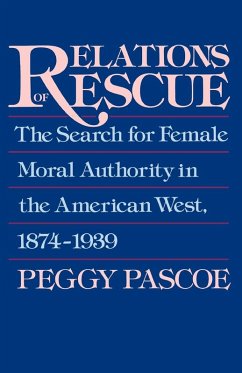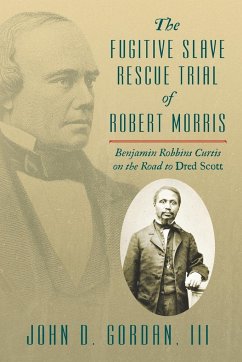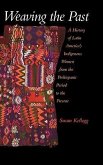In this study of late nineteenth-century moral reform, Peggy Pascoe examines four specific cases--a home for Chinese prostitutes in San Francisco, California; a home for polygamous Mormon women in Salt Lake City, Utah; a home for unmarried mothers in Denver, Colorado; and a program for American Indians on the Omaha Reservation in Nebraska--to tell the story of the women who established missionary rescue homes for women in the American West. Focusing on two sets of relationships--those between women reformers and their male opponents, and those between women reformers and the various groups of women they sought to shelter--Pascoe traces the gender relations that framed the reformers' search for female moral authority, analyzes the interaction between women reformers and the women who entered the rescue homes, and raises provocative questions about historians' understanding of the dynamics of social feminism, social control, and intercultural relations.
In this study of rescue homes for women in the American West, Pascoe explores the relationships between women reformers and their male opponents, and between the reformers and the women they sought to reform (Chinese immigrants, Mormon polygamous wives, American Indians, and unmarried mothers), raising provocative questions about historians' understanding of the dynamics of social feminism, social control, and intercultural relations.
Hinweis: Dieser Artikel kann nur an eine deutsche Lieferadresse ausgeliefert werden.
In this study of rescue homes for women in the American West, Pascoe explores the relationships between women reformers and their male opponents, and between the reformers and the women they sought to reform (Chinese immigrants, Mormon polygamous wives, American Indians, and unmarried mothers), raising provocative questions about historians' understanding of the dynamics of social feminism, social control, and intercultural relations.
Hinweis: Dieser Artikel kann nur an eine deutsche Lieferadresse ausgeliefert werden.








